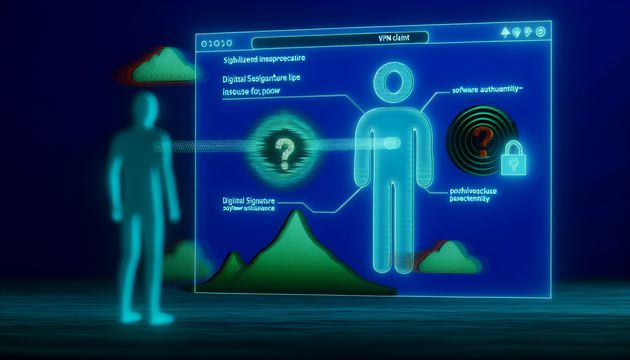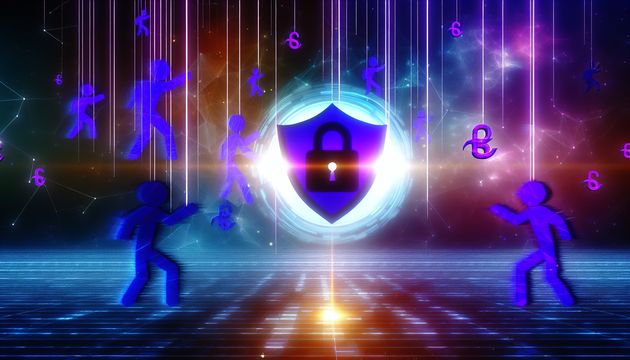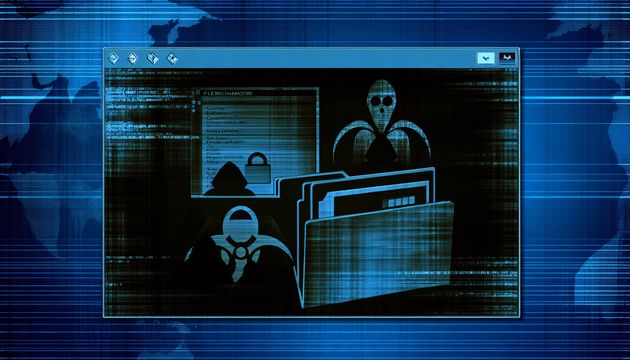
SK Telecom Cyberattack: A Wake-Up Call for the Telecom Industry
The recent cyberattack on SK Telecom has sent shockwaves through the telecommunications industry, affecting approximately 23 million subscribers. This breach, which compromised USIM card data including mobile phone numbers and IMEI numbers, poses significant risks such as identity theft and SIM swap attacks (TechRadar). In response, SK Telecom has launched a program offering free SIM card replacements to mitigate these risks and reassure its customers (Korea JoongAng Daily). This incident not only highlights vulnerabilities within SK Telecom but also raises broader concerns about cybersecurity practices across the telecommunications sector.
Impact on Customers and the Market
Customer Reactions and Concerns
The cyberattack on SK Telecom has led to significant customer anxiety and dissatisfaction. With the breach affecting SIM card information of approximately 23 million subscribers, customers are concerned about potential risks such as identity theft, unauthorized access to personal data, and financial fraud. The breach primarily involved USIM card data, including mobile phone numbers and device identification numbers (IMEI), which could be exploited in SIM swap attacks (TechRadar).
In response to these concerns, SK Telecom has initiated a program to offer free SIM card replacements to all affected customers. This initiative aims to mitigate the risk of SIM swapping and other fraudulent activities by ensuring that compromised SIM cards are replaced with secure ones. The company has also promised to reimburse customers who replaced their SIM cards at their own expense between the date of the breach and the announcement of the free replacement program (Korea JoongAng Daily).
Market Impact and Financial Losses
The cyberattack has had a profound impact on SK Telecom’s market position and financial stability. The company has experienced a significant loss in market capitalization, with an estimated $643 million evaporating due to the breach. This financial hit is compounded by a mass exodus of subscribers seeking more secure alternatives, further eroding SK Telecom’s customer base and market share (Korea JoongAng Daily).
The breach has also prompted an emergency response from the Ministry of Science and ICT and the Korea Internet & Security Agency (KISA), who have launched an on-site investigation at SK Telecom’s headquarters. This regulatory scrutiny adds to the pressure on SK Telecom to address the breach’s consequences swiftly and effectively (Mobile ID World).
Measures to Restore Customer Trust
To regain customer trust and stabilize its market position, SK Telecom has implemented several measures. In addition to offering free SIM card replacements, the company has enhanced its Fraud Detection System (FDS) to block abnormal authentication attempts. This upgrade aims to provide an additional layer of security for customers, ensuring that their data remains protected from future threats (AJU PRESS).
SK Telecom is also working on developing a “USIM format” solution to address the challenges of replacing subscriber SIM cards. This initiative involves modifying USIM software to alleviate inventory shortages and minimize inconveniences for customers, particularly those using roaming services. The company plans to introduce this solution by mid-May, demonstrating its commitment to improving customer experience and security (Korea JoongAng Daily).
Industry-Wide Implications
The SK Telecom cyberattack has highlighted vulnerabilities in the telecommunications sector, prompting other companies to reevaluate their security measures. Telecommunications providers worldwide are strengthening their SIM security measures and authentication protocols to prevent similar incidents. This industry-wide shift reflects the growing recognition of the importance of robust cybersecurity practices in safeguarding customer data and maintaining trust (The DONG-A ILBO).
The breach has also raised questions about whether SK Telecom and other Korean telecom companies have underinvested in cybersecurity technology and staffing. Critics argue that despite repeated data breaches in recent years, there has been little improvement in security investment and awareness across the industry. This scrutiny may lead to increased regulatory oversight and pressure on telecom companies to prioritize cybersecurity (Korean Topik).
Future Outlook and Challenges
Looking ahead, SK Telecom faces several challenges in recovering from the cyberattack and restoring its reputation. The company must address the immediate concerns of its customers while also implementing long-term strategies to enhance its cybersecurity infrastructure. This includes investing in advanced technologies and personnel to prevent future breaches and maintain customer trust.
Moreover, SK Telecom must navigate the competitive landscape, as the breach has opened opportunities for rival companies to attract dissatisfied customers. To remain a leader in the telecommunications sector, SK Telecom will need to demonstrate its commitment to security and customer satisfaction through transparent communication and effective risk management strategies (Pulse).
In conclusion, the SK Telecom cyberattack has had a significant impact on customers and the market, highlighting the need for robust cybersecurity measures and proactive responses to data breaches. As the company works to address these challenges, it must prioritize customer trust and security to ensure its long-term success in the telecommunications industry.
Final Thoughts
The SK Telecom cyberattack serves as a stark reminder of the critical importance of robust cybersecurity measures in the telecommunications industry. As SK Telecom navigates the aftermath, it must focus on restoring customer trust through transparent communication and enhanced security protocols. The company’s efforts to offer free SIM replacements and upgrade its Fraud Detection System are steps in the right direction (AJU PRESS). However, the broader industry must also heed this wake-up call, investing in advanced technologies and personnel to prevent future breaches. As the sector evolves, maintaining customer trust will be paramount, requiring ongoing vigilance and innovation (Pulse).
References
- TechRadar. (2025). SK Telecom reveals cyberattack: Customer USIM data stolen could be used in attacks. https://www.techradar.com/pro/security/sk-telecom-reveals-cyberattack-customer-usim-data-stolen-could-be-used-in-attacks
- Korea JoongAng Daily. (2025). SK Telecom offers 23 million customers replacement SIM cards after hacking incident. https://koreajoongangdaily.joins.com/news/2025-04-25/business/industry/SK-Telecom-offers-23-million-customers-replacement-SIM-cards-after-hacking-incident-/2293799
- Korea JoongAng Daily. (2025). SK Telecom hit with $643M loss in market cap, mass user exodus amid SIM breach. https://www.koreajoongangdaily.joins.com/news/2025-04-29/business/industry/SK-Telecom-hit-with-643M-loss-in-market-cap-mass-user-exodus-amid-SIM-breach/2296397
- Mobile ID World. (2025). SK Telecom hit by data breach exposing customer SIM card information. https://mobileidworld.com/sk-telecom-hit-by-data-breach-exposing-customer-sim-card-information/
- AJU PRESS. (2025). SK Telecom enhances Fraud Detection System to block abnormal authentication attempts. https://www.ajupress.com/view/20250428102515563
- The DONG-A ILBO. (2025). Telecommunications providers worldwide strengthen SIM security measures. https://www.donga.com/en/article/all/20250424/5567590/1
- Korean Topik. (2025). SK Telecom hit by cyberattack: 23 million customers affected. https://www.koreantopik.com/2025/04/sk-telecom-hit-by-cyberattack-23.html
- Pulse. (2025). SK Telecom’s future challenges post-cyberattack. https://pulse.mk.co.kr/news/english/11299261



